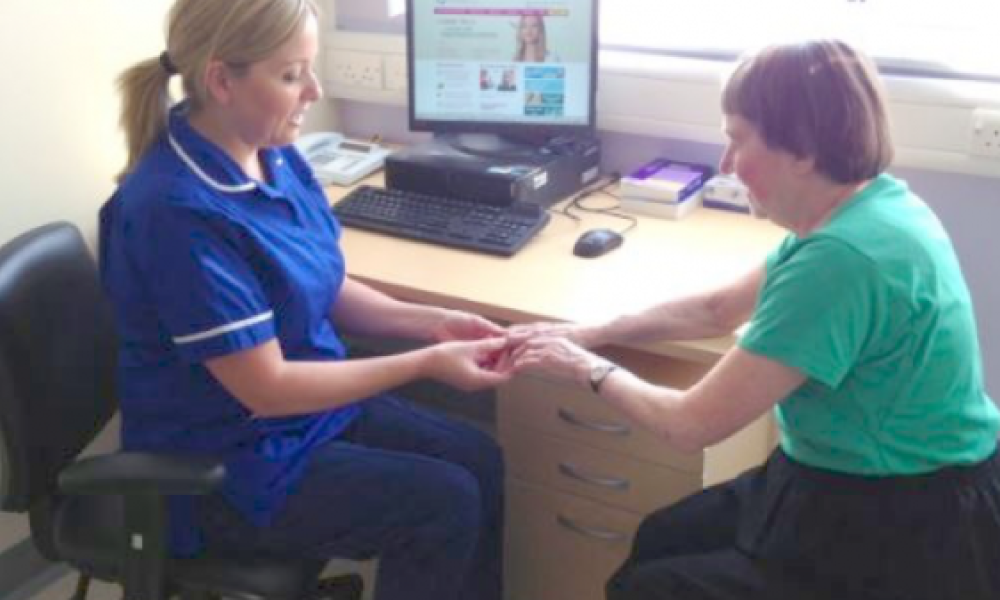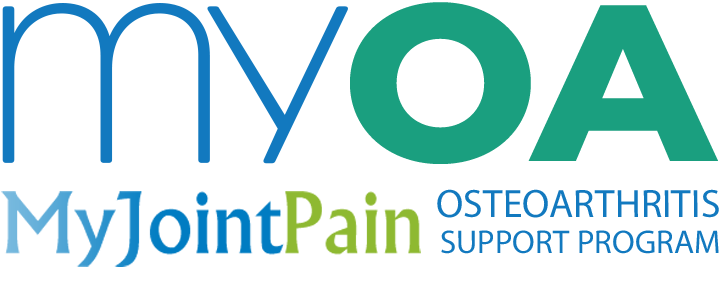
What is a Rheumatology Nurse?
A rheumatology nurse is a registered nurse that has a special interest and experience in caring for patients with rheumatological conditions. They work closely with the rheumatologist as well as other members of the health care team.
The rheumatology nurse may also be known as ‘clinical nurse’, ‘clinical nurse specialist’ or ‘clinical nurse consultant’.
How are Rheumatology Nurses trained?
Nurses have usually completed a 3 year University degree and have to be registered with the Nursing and Midwifery Board of Australia (NMBA). This body develops professional standards, codes and guidelines to regulate practise. In order to maintain this registration, the nurse has to undertake a specific number of hours of professional development. This is to maintain, improve and broaden their knowledge, expertise and capability to provide safe and effective care.
There is no specific course to become a rheumatology nurse. They are nurses that have a special interest in rheumatology and usually have several years of experience in caring for people with many different conditions.
Most rheumatology nurses are members of the Rheumatology Health Professionals Special Interest Group (RHPSIG) of the ARA. This group provides support, education and enables members to share knowledge and information.
What services do Rheumatology Nurses offer?
The rheumatology nurse is not only able to provide physical and emotional support but also education for patients with all types of arthritis. They are well placed to help answer questions about your disease or medications as well as providing a link with the rheumatologist. Most rheumatology nurses will also provide additional care such as telephone help-lines and online support.
When should I see a Rheumatology Nurse?
You can usually see a rheumatology nurse at any time.
Being diagnosed with any form of inflammatory arthritis can be overwhelming. The rheumatology nurse can explain in more detail about the particular condition, what it means and potential treatments that may be needed. They are usually able to provide written information as well as links to reliable websites that might help.
At any time after diagnosis, questions may arise. You may be started on new treatments, your circumstances may change or you may just need to talk to someone. Having access to a rheumatology nurse can help.
How may I find a Rheumatology Nurse?
Unfortunately, there are only limited rheumatology departments that have rheumatology nurses and these are usually in the public system. Please ask your rheumatologist if they have a nurse that works with them.
Other resources
Read the report; Rheumatology Nurses: Adding value to arthritis care






